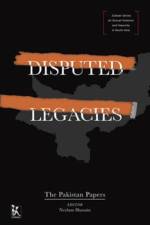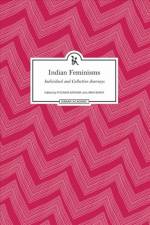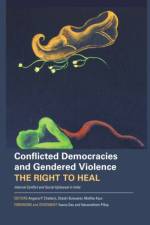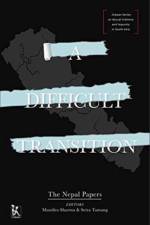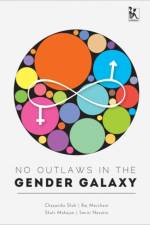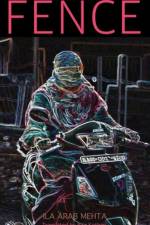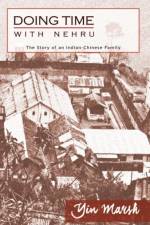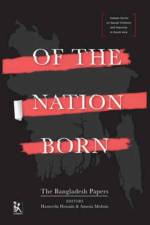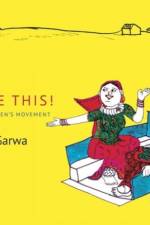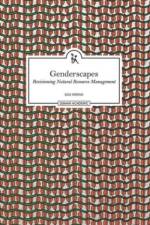av Teresa Rehman
297
July 15, 2004: An amazing scene unfolds in front of the Kangla Fort in Manipur, the headquarters of the Assam Rifles, a unit of the Indian army. Soldiers and officers watch aghast as twelve women, all in their sixties and seventies, position themselves in front of the gates and then, one by one, strip themselves naked. The imas, the mothers of Manipur, are in a cold fury, protesting the custodial rape and murder of Thangjam Manorama, a 32-year-old woman, alleged by the army to be a militant. The women hold aloft banners that shout, 'Indian Army Rape Us', 'Take Our Flesh'. Never has this happened before: the army is appalled. Hundreds of thousands of people around the country, watching the drama unfold, are shocked. Can this be possible? A naked protest in India? By mothers? The imas of Manipur are known to be strong, self-sufficient. It is they who by and large run the economy of the state; here, though, they are doing something different. Manorama's death is the trigger for their renewed protest against the Draconian Armed Forces Special Powers Act 1958, which is used with impunity in the state and excuses all sorts of army excesses. Manipur has witnessed several decades of low-intensity war with more than twenty militant outfits operating in the state. In this unusual book, journalist Teresa Rehman, tells the story of the twelve women, of how they took the momentous decision - in some cases unknown to their families - and how they carried it out with precision and care. The story of the mothers of Manipur reflects the larger history of the conflict-torn state and of the courage and resistance of the people in the face of overwhelming odds.








